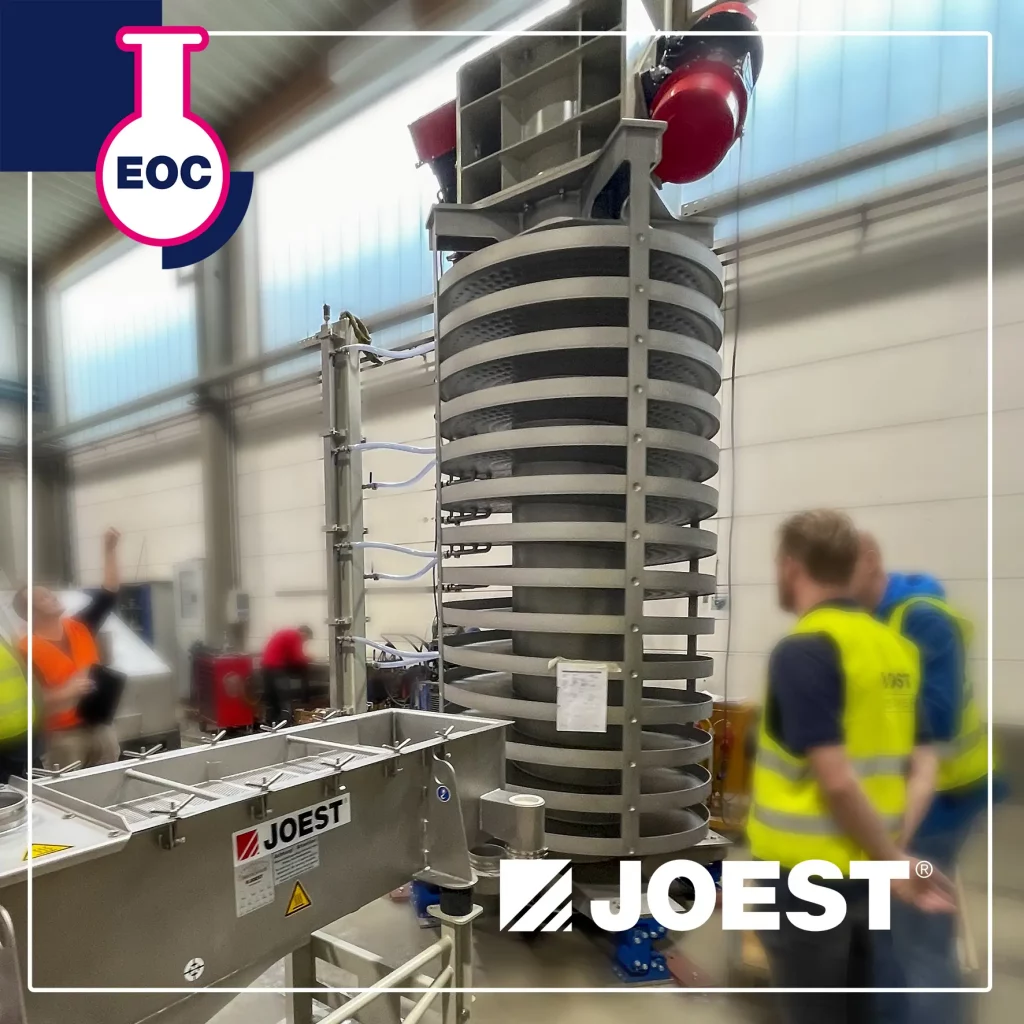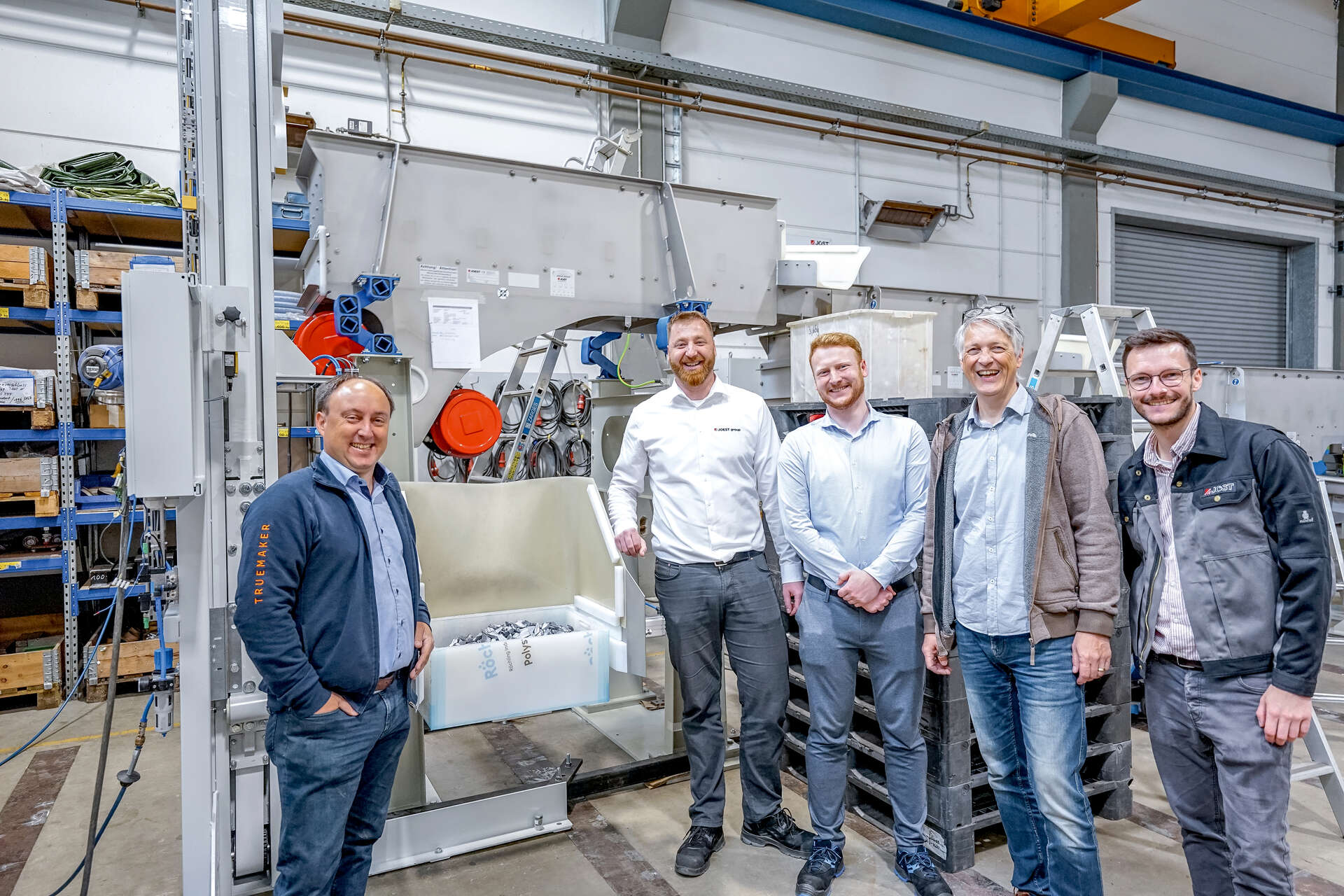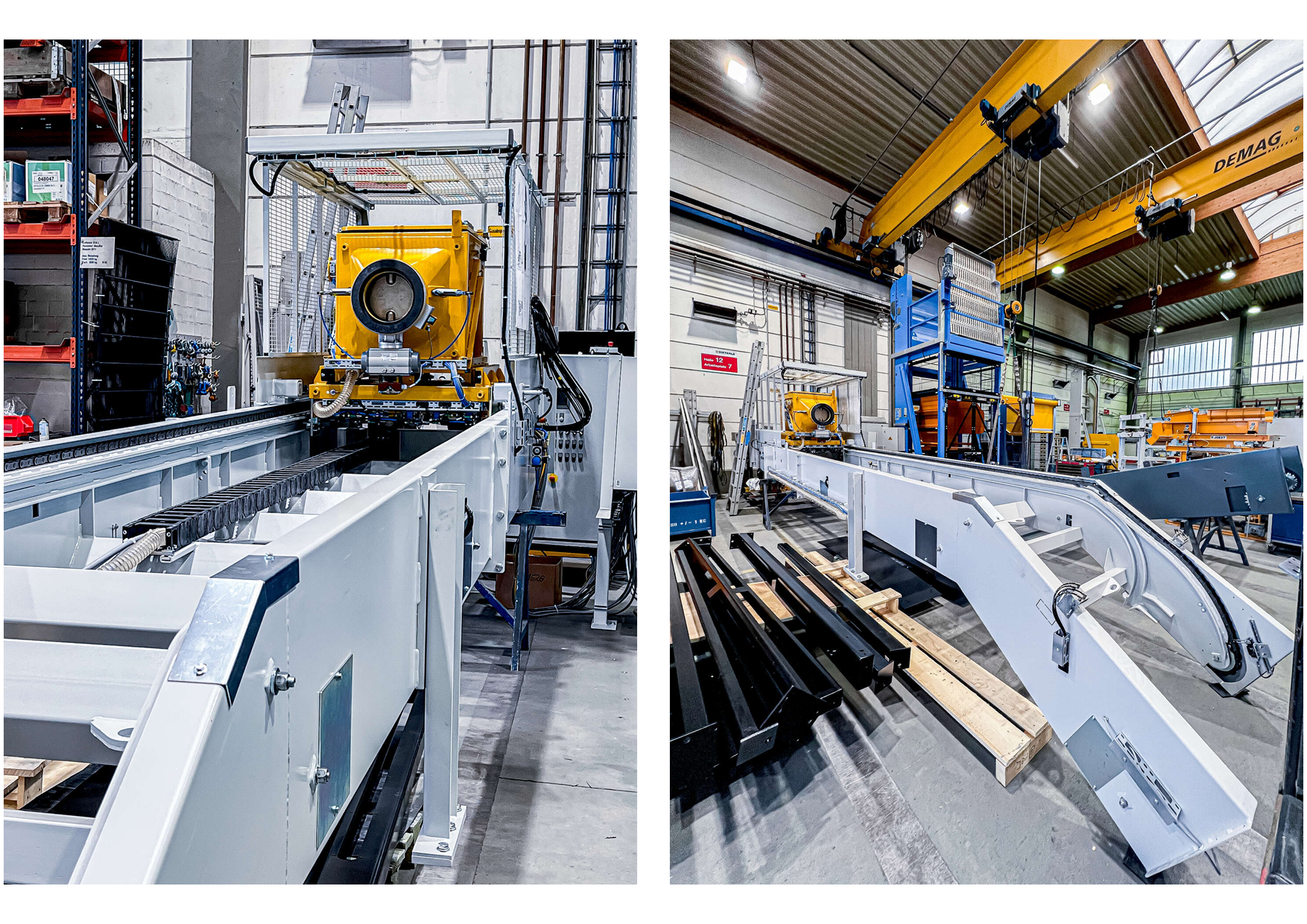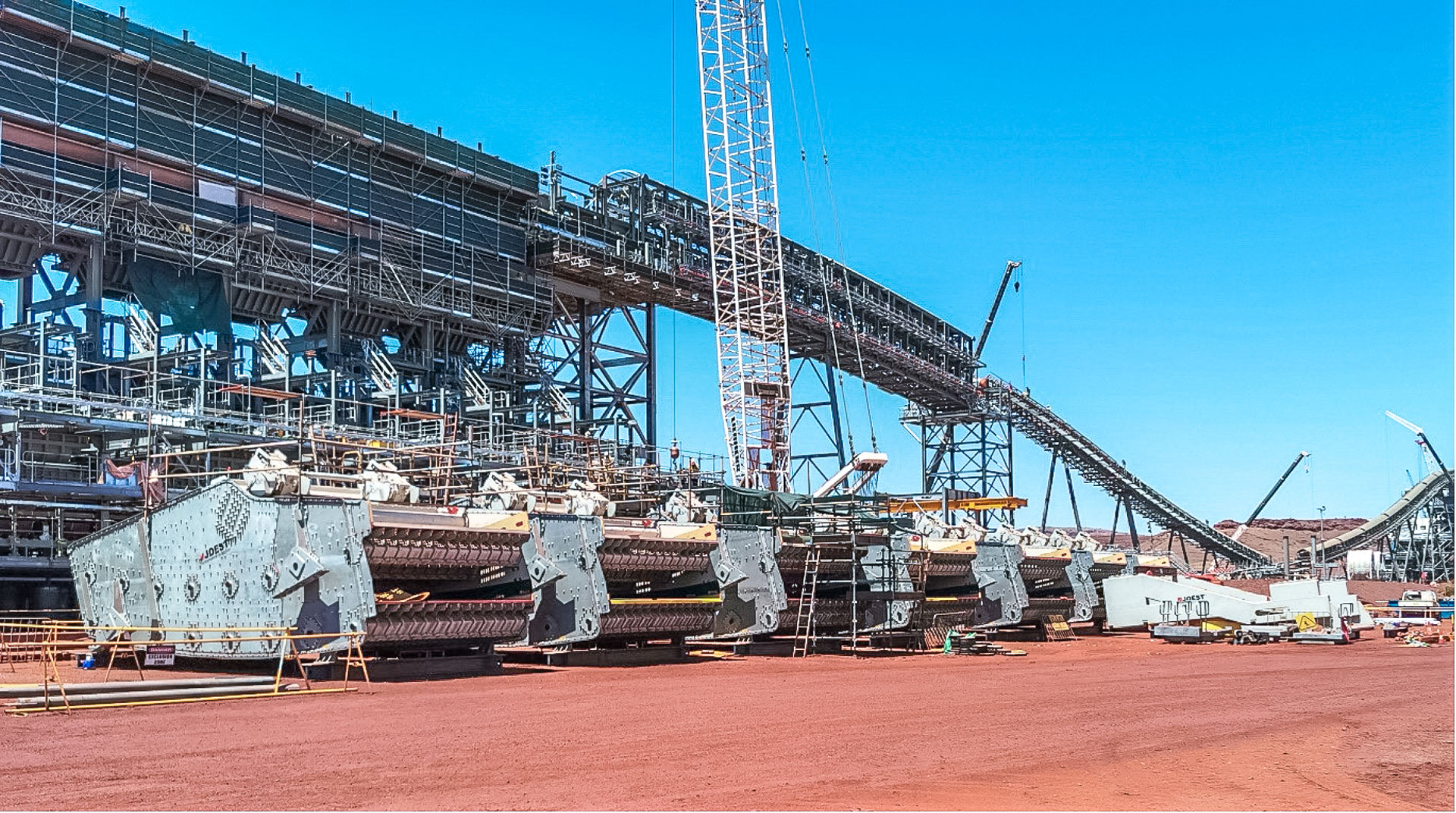CHEMICALS
Advanced solutions for
TPE production

Innovative collaboration drives EOC Group's new TPE production line
EOC Group is taking a significant step in the production of thermoplastic elastomers (TPE) with the launch of its new production line in Hoogeveen, the Netherlands. This project is supported by our state-of-the-art technology. This collaboration promises to increase the efficiency and quality of TPE production, a versatile material used in various industries due to its flexibility and durability.
TPE, or thermoplastic elastomers, are a unique class of polymers that deform when heated and re-solidify when cooled, similar to rubber. This makes TPE an ideal material for products that need to combine elasticity and durability. Typical applications include automotive parts, shoes and industrial components. The EOC Group's production line focuses on the production of TPE in pellet form, which undergoes various processing stages to ensure optimum quality and usability.
To achieve this, we supplied key components such as the spiral cooler and a screening machine, both of which are crucial for the smooth operation of the new production line. The spiral cooler, a water-cooled vibratory conveying system, ensures the efficient and gentle transportation of the plastic pellets, without unnecessary friction or pressure during the cooling process. This cooling process is crucial as the TPE pellets need to be cooled from around 140°C to 55°C to ensure safe handling and storage and to avoid condensation that could affect material quality.
High-performance equipment for precise processing
Our technology brings advanced precision to the separation and cooling of TPE pellets. The spiral cooler used has an diameter of 1,400 mm and a conveying height of 2,600 mm. It works almost friction-free, which enables gentle transportation of the TPE pellets without the wear and tear that would be common with conventional systems.
In addition to the cooler, the screening machine plays a decisive role in the quality of the pellets. The screen separates the material and removes all particles that do not meet the specifications (so-called “fines” and “longs”) to ensure that the end product meets the strict quality requirements.



